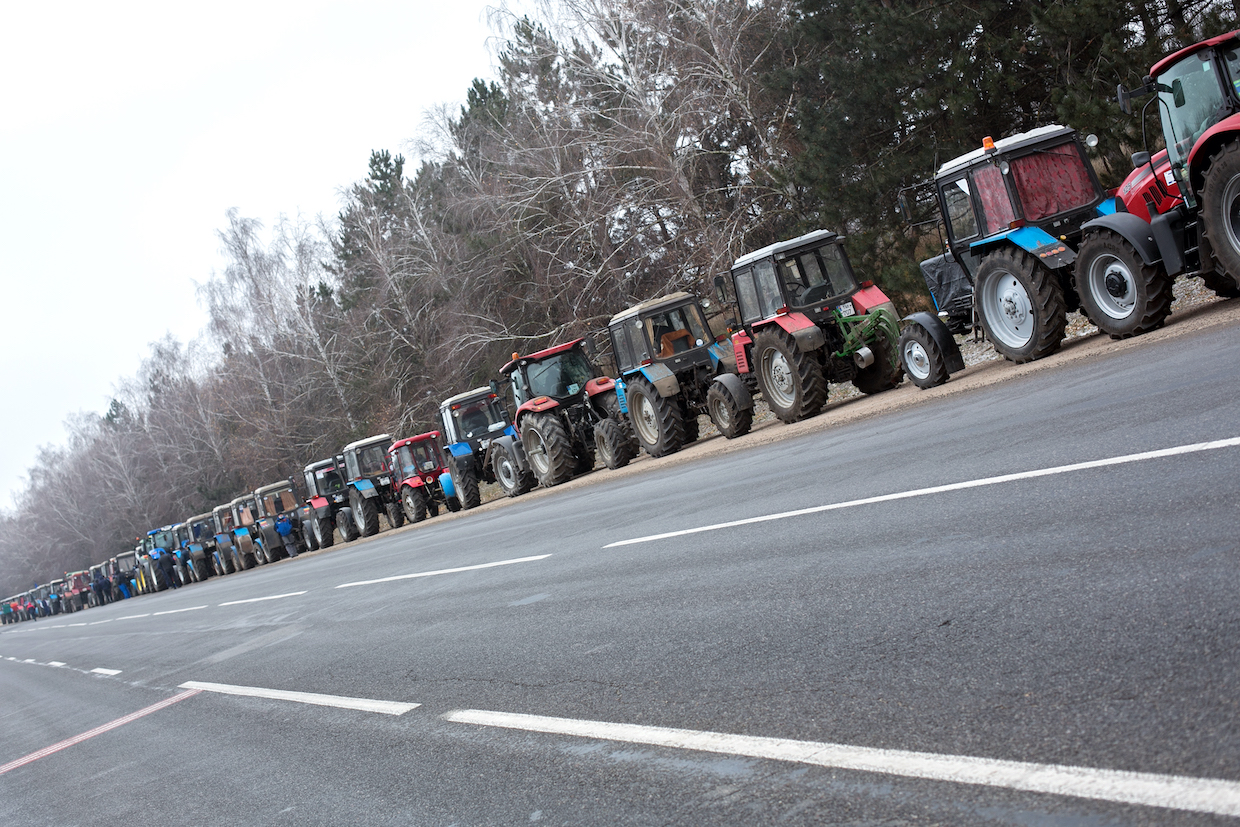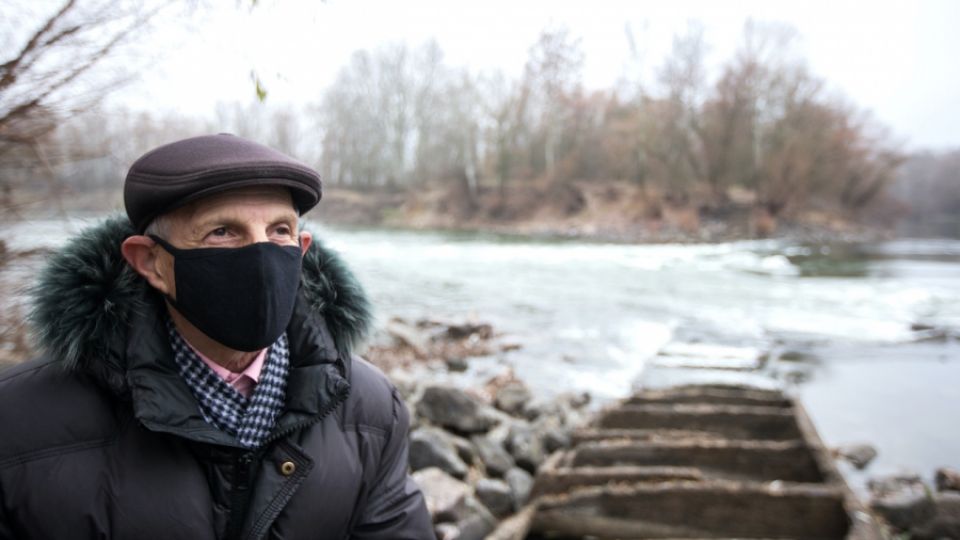As Czechia has largely similar problems due to the similar nature of the landscape and structure of agriculture, before the end of 2020 Arnika went to Moldova to share our experience with the management of water resources in the Czech Republic. To benefit from the experience properly, the two countries focused their joint meetings and visits mainly on the necessary transformation of agriculture, preventing progressive soil erosion and degradation, or ways to avoid dangerous floods and droughts.
During the fact-finding mission, Arnika and Eco-TIRAS visited one of the spots of autumn's tree planting events, the Budesti village. Meetings with the experts and authorities also included visiting the Ministry of Environment in Chisinau, the agricultural institute in Balti, the Tiraspol University, and the Czech embassy. Not to forget the dangerous impacts of dams and hydropower plants, the project team traveled to Dubasari and Lower Dniester hydropower plants. During two press conferences, a new publication How to understand the EU Water Framework Directive and how it can help to improve the environment was introduced, and access to environmental information in Moldova was discussed.
An unplanned scenery to see was a tractor strike by local farmers, who went on strike due to a lack of state compensation for losses caused by droughts - another big issue of Moldova, one of the most vulnerable countries to climate change. “Protecting the rivers from harmful constructions, taking steps for preventing extreme droughts and floods, successful water management, but also ensuring access to environmental information and networking among non-governmental organizations on both banks of the Dniester river are crucial on the way to a better condition of the environment and agriculture in Moldova, which is what we are striving for in our joint project and hope to succeed in,” explains Marketa Dosoudilova, one of the project team members from Arnika.

PHOTO: Majda Slamova / Arnika







